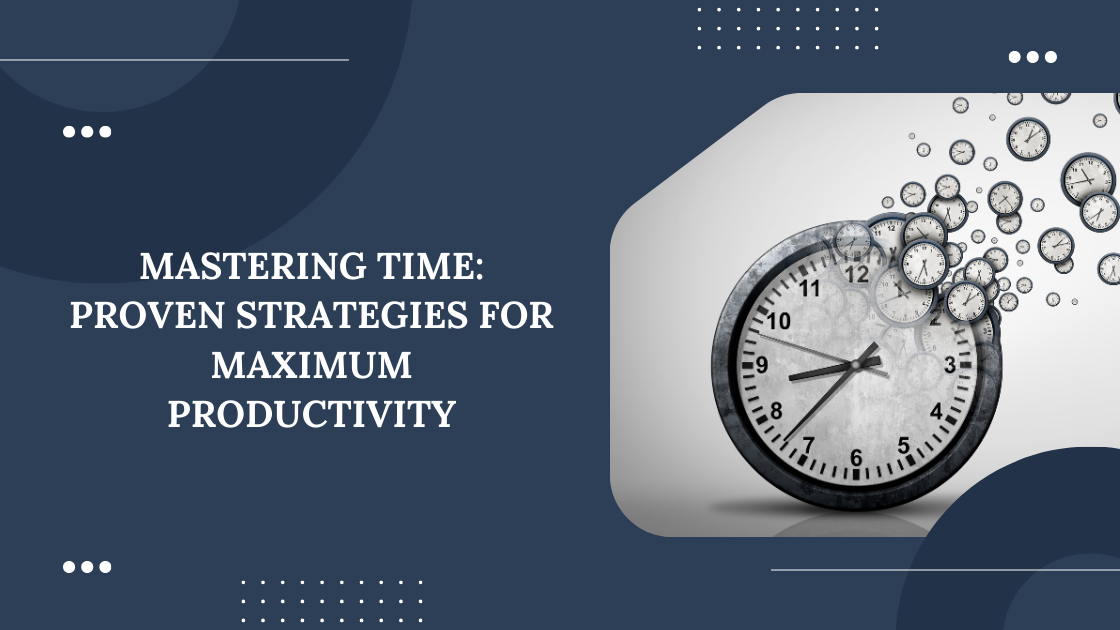Time is the most valuable resource, yet it often feels like there’s never enough of it. High achievers don’t have more hours in a day—they simply manage their time more effectively. Mastering productivity isn’t about working harder but about working smarter. By implementing proven strategies, anyone can optimize their time, eliminate distractions, and achieve more with less effort.
The first step to mastering time is setting clear priorities. Without a structured approach, it’s easy to get lost in endless to-do lists and reactive tasks. The Eisenhower Matrix is a powerful tool that categorizes tasks into four quadrants: urgent and important, important but not urgent, urgent but not important, and neither urgent nor important. By focusing on what truly matters and delegating or eliminating low-value tasks, productivity skyrockets.
Time blocking is another game-changing technique. Instead of tackling tasks randomly, high performers schedule their day with dedicated blocks for deep work, meetings, and breaks. This minimizes context switching, which drains energy and focus. By assigning specific time slots to tasks, individuals gain better control over their workload and enhance efficiency.
Eliminating distractions is crucial for peak productivity. In the digital age, constant notifications, emails, and social media pull attention in multiple directions. Turning off unnecessary alerts, using focus apps, and creating distraction-free workspaces significantly improve concentration. Implementing the “Pomodoro Technique”—working in focused sprints with short breaks—can also help maintain high energy levels throughout the day.
Saying “no” strategically is a skill that separates highly productive people from those constantly overwhelmed. Many professionals overcommit, stretching themselves too thin. Learning to decline tasks that don’t align with core goals or delegating responsibilities ensures that time is spent on what truly drives results.
Energy management is just as important as time management. A productive day isn’t just about working long hours but about optimizing energy levels. Prioritizing sleep, exercise, and nutrition keeps the mind sharp and prevents burnout. Scheduling demanding tasks during peak energy periods and reserving lighter tasks for lower-energy moments can maximize output.
Automation and delegation are secret weapons of productivity. Many repetitive tasks can be streamlined using technology, freeing up valuable time. Leveraging tools for scheduling, email responses, and task management reduces workload. Similarly, delegating responsibilities to team members allows leaders to focus on high-impact initiatives rather than getting bogged down in routine work.
Reflection and continuous improvement ensure long-term productivity. Taking time to review what worked, what didn’t, and where time was wasted helps refine strategies. Successful individuals consistently evaluate and adjust their approach, making small but meaningful improvements that compound over time.
Mastering time is not about squeezing every second out of the day—it’s about maximizing effectiveness, focusing on what matters, and maintaining a balance that sustains long-term success. With the right strategies, anyone can take control of their schedule, boost productivity, and achieve more without feeling overwhelmed.
